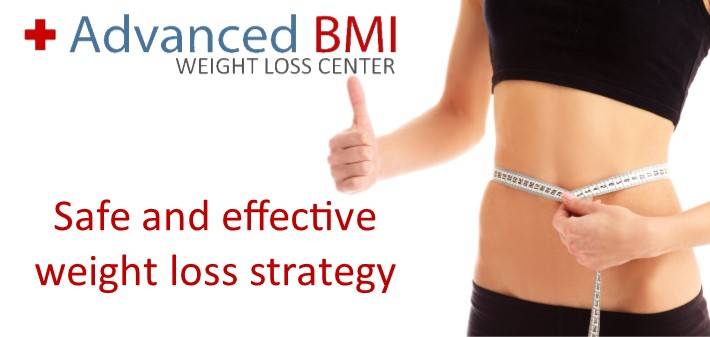Weight loss strategy and fat correlation.
Contrary to the popular belief, an individual who appears to be fat may not be so and the opposite is true for the people who appear thin. According to a research paper published by NATA (National Athletic Trainers’ Association), fat mass can be easily broken down into essential fat, low reference fat, gender-specific fat, and storage fat.
Essential fat accounts for only 4% of the total body fat and is found in parts such as bone marrow, lungs, liver, heart, intestine, spleen, kidneys and central nervous system. Women tend to have gender specific fat which is located around the hip, breasts, pelvis and accounts for only 10% of the total body fat. On the other hand, storage fat accounts for only 13% of the total body in men and 16% in women. Don’t forget that these figures tend to be greater in adolescent (8% in the males and 16% in females).
The human body requires low reference fat, gender-specific fat, and storage fat in order to maintain optimal reproductive body functions. Keeping all this in mind, medical professionals differ on the total amount of fat one should maintain to avoid serious conditions like Type 1 Diabetes and Cardiovascular diseases. However, according to the University of Washington Medical School, adults should maintain the body fat within the range of 12% to 15%.
Weight loss Strategy.
The concept of effective weight loss strategy or weight loss program is very simple. Burning more fat than you eat each day. In spite of such easiness, most of the overweight people find it difficult to shed excessive weight. There are many reasons for this. First, individuals try to lose as much weight as they can very fast. This formula rarely works because people who try to lose weight fast end up losing water instead of fat leading to dehydration. In some other cases, people lose lean muscles and tissues mass as a body can not burn a huge amount of fat in short time.
However, it is still possible to go for effective and fast weight loss strategy. A professional physician or dietitian can prescribe fat-free diet if an obese person develops life-threatening weight-related medical problems.
According to National Athletic Trainers’ Association, an effective weight loss strategy must be based on well-balanced and fat-free diet, exercise, and hydration. These components determine one’s ability to effective weight reduction.
The general rule for anyone interested in losing weight is to eat less calorie nutritious food and avoid fatty food. According to American Hospital of Paris, the Mediterranean diet fits perfectly in the frame of less calorie nutritious food. Supporters of Mediterranean diet advocate eating whole grain bread, cereals, fruits, vegetables and a rare amount of red meat, at least, five times a day.
Another important part is to cut back on Carbohydrate and Sugars. These are the foods that enhance the secretion of insulin which are the main fat storage hormones of the body. With insulin lowering down, fat has an easier way of getting out of the body and the body starts burning fat instead of carbohydrates. It is quite common to lose up to 13 pounds of weight in the first few weeks of eating this way.
Each one of your meal should contain rich protein source (chicken, pork, beef, seafood, fish and pastured eggs), a fat source and low carbohydrates vegetables. following this method, planning your meals will certainly bring your carbohydrate and fat intake into the range of 20 to 40 grams per day.
A low glycemic index diet will also help in effective weight loss strategy. Such a diet includes nuts, whole grains, sweet potatoes, dairy, vegetables, and fruits. Don’t forget to include honey in your diet because it boost the immune system and relieve symptoms of allergy and severe cold, according to National Institute of Health.
Another component underpinning effective loss weight strategy is the regular exercise of some sort. The American Athletic Trainers’ Association recommends 20 minutes of regular exercise for at least five days each week. However, these guidelines are inadequate if you are obese. For fast weight loss, perform physical activity that increases your body’s metabolism rate. A good instance would be swimming, running or aerobic lasting 40 to 80 minutes per day.
The aim of your exercise should be to lose about 2 to 3 pounds of weight loss per week. Never exceed the weight reduction of more than 1.3% of total body weight in any given week. If you try so, you will dehydrate your body. By engaging in regular exercise, you will boost your body’s energy.
So following a healthy diet, regular exercise and keeping your body well hydrated are the most effective ways of losing weight.









